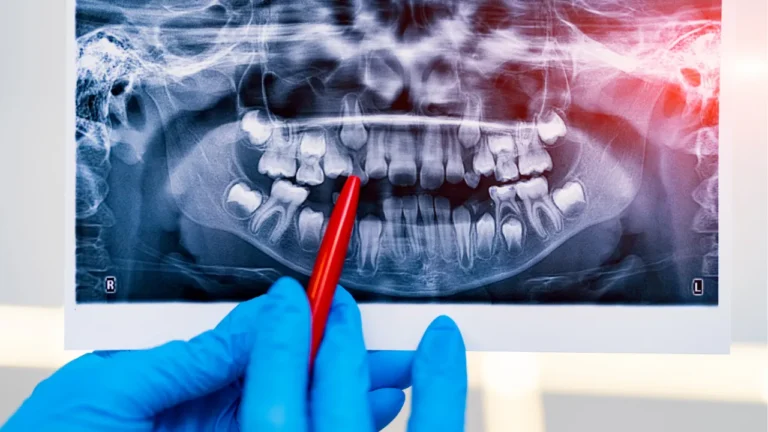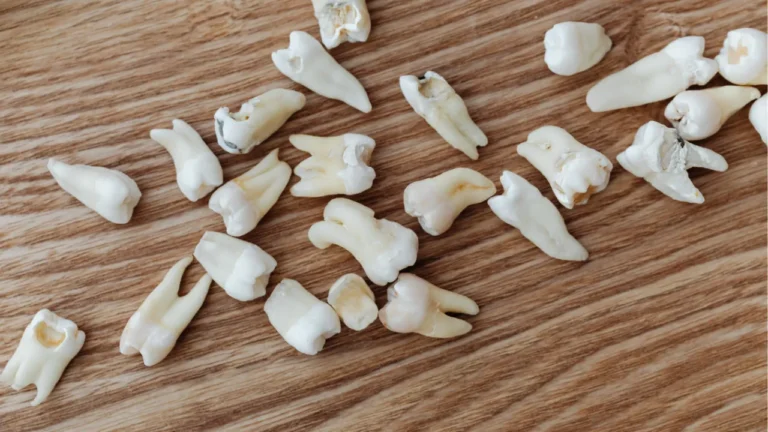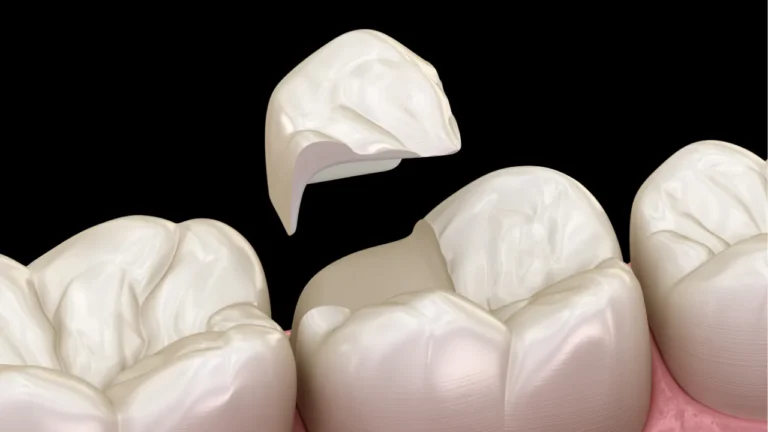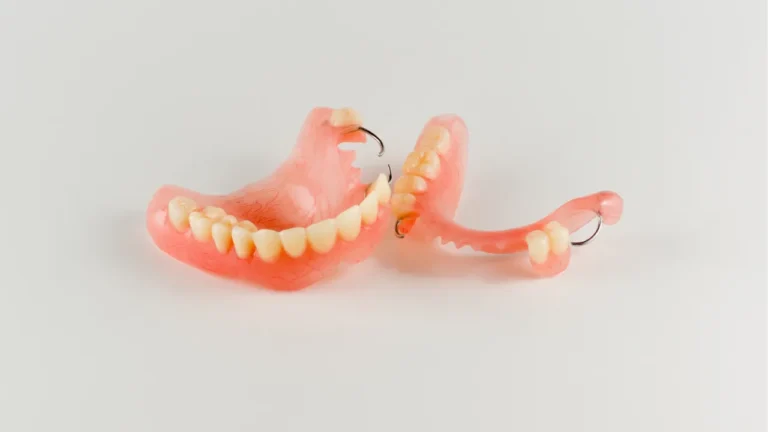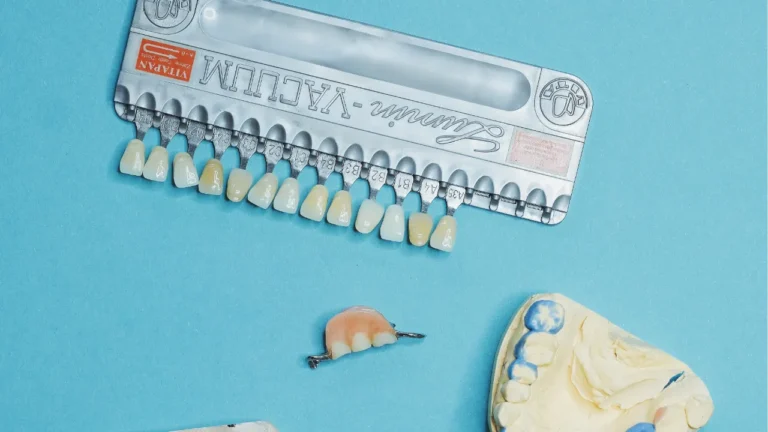Saliva plays a vital role in protecting your teeth and gums — it helps wash away food particles, neutralize acids, fight bacteria, and aid in digestion.
When saliva flow is reduced, it can lead to dry mouth, bad breath, tooth decay, and gum disease.
Staying hydrated, chewing sugar-free gum, and avoiding tobacco and alcohol are simple ways to maintain healthy saliva levels and support your overall oral health.
Quick Summary
- Saliva protects teeth and gums by washing away food, neutralizing acids, fighting bacteria, and aiding digestion
- Low saliva flow can cause dry mouth, bad breath, cavities, and gum disease
- Causes include dehydration, medications, medical conditions, smoking, alcohol use, and aging
- Maintain saliva health by staying hydrated, chewing sugar-free gum, eating crunchy produce, breathing through your nose, using a humidifier, avoiding tobacco/alcohol, and practicing good oral hygiene
Why Saliva Is Important for Oral Health
Saliva isn’t just water—it’s a complex fluid that contains enzymes, minerals, and proteins that protect your teeth and gums.
Here’s how saliva contributes to good oral health:
1. Protects Against Cavities and Tooth Decay
Saliva washes away food particles and bacteria that cause plaque buildup.
It also neutralizes acids in the mouth, preventing enamel erosion and reducing the risk of cavities.
2. Aids in Digestion
The enzymes in saliva begin breaking down food as soon as you start chewing.
This helps digestion and makes it easier for your body to absorb nutrients.
3. Prevents Bad Breath
A dry mouth is a breeding ground for bacteria that cause bad breath (halitosis). Saliva helps keep your breath fresh by washing away odor-causing bacteria.
4. Speeds Up Healing
Saliva contains proteins and growth factors that help heal small cuts, sores, and ulcers inside the mouth.
5. Maintains a Balanced pH
By neutralizing acids from food, drinks, and bacteria, saliva prevents enamel erosion and protects teeth from decay.
6. Keeps Your Mouth Comfortable
Saliva lubricates your mouth, making it easier to chew, swallow, and speak. Without enough saliva, these everyday functions can become uncomfortable or even painful.
What Causes Low Saliva Production?
Several factors can lead to decreased saliva production, also known as dry mouth (xerostomia). Common causes include:
- Dehydration: Not drinking enough water can reduce saliva flow.
- Medications: Many prescription and over-the-counter drugs, such as antihistamines, antidepressants, and blood pressure medications, can cause dry mouth as a side effect.
- Medical Conditions: Diabetes, Sjögren’s syndrome, and autoimmune diseases can affect saliva production.
- Smoking and Alcohol Use: Tobacco and alcohol dry out the mouth and reduce saliva flow.
- Aging: While aging itself doesn’t cause dry mouth, older adults are more likely to take medications that do.
How to Maintain Healthy Saliva Production
If you experience dry mouth or want to ensure that your saliva is doing its job, follow these tips:
1. Stay Hydrated
Drink plenty of water throughout the day to help stimulate saliva production. Avoid excessive caffeine and alcohol, as they can contribute to dehydration.
2. Chew Sugar-Free Gum or Suck on Sugar-Free Candy
Chewing stimulates saliva production. Look for products that contain xylitol, a natural sweetener that also helps prevent cavities.
3. Eat Crunchy Fruits and Vegetables
Foods like apples, carrots, and celery stimulate saliva flow and help clean your teeth naturally.
4. Breathe Through Your Nose
Mouth breathing can dry out saliva. If you have a habit of breathing through your mouth, especially while sleeping, talk to your doctor or dentist about possible solutions.
5. Use a Humidifier
Adding moisture to the air in your home can help prevent dry mouth, especially in colder months when indoor heating can make the air dry.
6. Avoid Tobacco and Limit Alcohol Consumption
Smoking and alcohol use decrease saliva flow and increase the risk of dry mouth and oral infections.
Quitting smoking and drinking in moderation can improve your oral health.
7. Use Saliva Substitutes or Oral Rinses
If you experience chronic dry mouth, ask your dentist about saliva substitutes or specialized mouthwashes designed to keep your mouth moist.
8. Maintain Good Oral Hygiene
Brush twice a day, floss daily, and use an alcohol-free mouthwash to keep your mouth clean and hydrated.
When to See a Dentist
If you frequently experience dry mouth, bad breath, or difficulty swallowing, it’s important to see a dentist.
Chronic dry mouth can lead to cavities, gum disease, and other oral health problems if left untreated.
At Every Smile Dentistry, we can help determine the cause of your dry mouth and recommend treatments to improve saliva production and overall oral health.
Final Thoughts
Saliva is essential for a healthy mouth. By understanding its role and taking steps to maintain proper saliva production, you can prevent cavities, bad breath, and discomfort. If you’re concerned about dry mouth or other oral health issues, contact Every Smile Dentistry today for expert guidance and personalized care.


